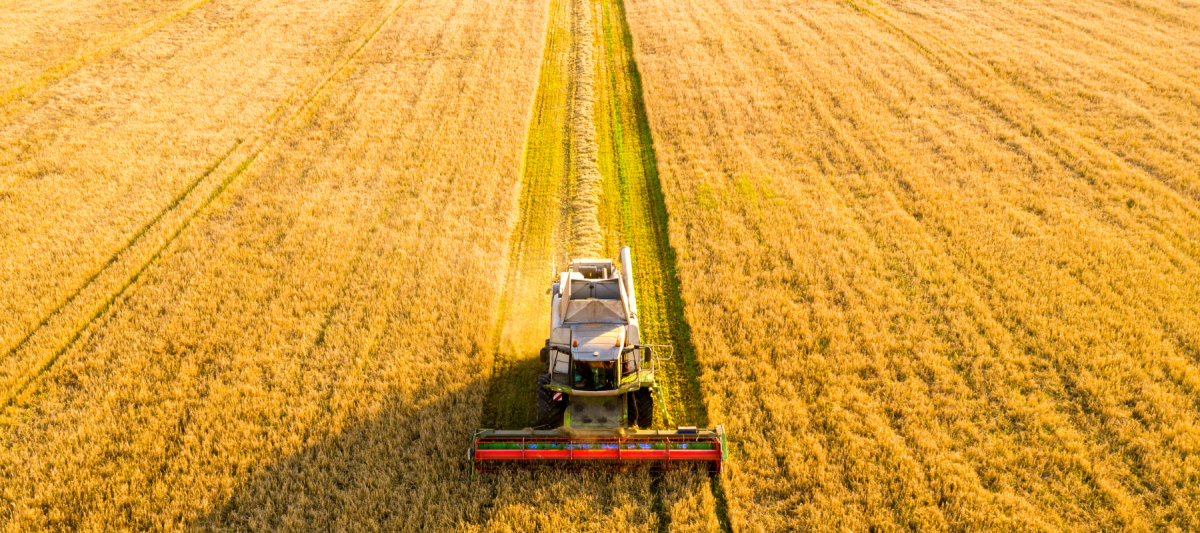
Agriculture stands as the backbone of America's economy, feeding millions and supporting countless communities across the nation. Yet, while not often talked about, agriculture ranks as the most dangerous profession in the United States, with a fatality rate seven times higher than all other industries combined. This alarming statistic underscores the urgent need for comprehensive workplace safety plans that can mean the difference between life and death for agricultural workers.
Understanding the Scope of Agricultural Hazards
The agricultural workplace presents a unique constellation of risks that few other industries can match. From heavy machinery operations to chemical exposure, farmworkers face dangers that can result in both immediate injuries and long-term health consequences. Equipment rollovers and power take-off (PTO) incidents remain among the leading causes of agricultural fatalities, often occurring when safety protocols are overlooked or inadequately implemented.
Beyond these mechanical hazards, agricultural workers contend with electrical dangers and engulfment risks that can prove fatal within seconds. The nature of farm work also exposes employees to work-related lung diseases from dust and chemical particles, noise-induced hearing loss from prolonged exposure to loud machinery, and various skin diseases from contact with irritants and allergens. Perhaps most concerning is the increased risk of certain cancers associated with prolonged chemical use and extended sun exposure—health issues that may not manifest for years but can prove devastating to workers and their families.
The Business Case for Comprehensive Safety Planning
While the moral imperative to protect workers should be motivation enough, the business benefits of implementing robust safety plans are equally compelling. Organizations with effective safety programs consistently report lower worker injury incidents, reduced workers' compensation rates, and improved overall production efficiency. When employees feel safe and protected, they perform better, stay with companies longer, and contribute to a positive workplace culture that attracts quality talent.
The financial impact of workplace accidents extends far beyond immediate medical costs. Lost productivity, equipment damage, regulatory fines, and potential litigation can devastate agricultural operations, particularly smaller family farms operating on thin margins. A single serious accident can result in costs reaching hundreds of thousands of dollars, making prevention not just the right thing to do, but the smart business decision.
Essential Elements of an Effective Agriculture Safety Plan
A comprehensive agriculture workplace safety plan must address the full spectrum of risks present in farming operations. This begins with proper training programs that cover everything from tractor and UTV operation to pesticide application safety. Workers need to understand not just how to operate equipment, but how to recognize dangerous situations and respond appropriately when hazards arise.
Respiratory protection programs are particularly crucial given the prevalence of dust, chemicals, and other airborne contaminants in agricultural settings. Similarly, cultivation and harvest activities require specialized safety protocols that account for the seasonal nature of farming and the intense pressure to complete time-sensitive operations safely.
Production equipment operation training must go beyond basic functionality to include lockout/tagout procedures that prevent accidental equipment activation during maintenance. Regular safety meetings provide ongoing reinforcement of safety principles and create opportunities to address new hazards or discuss near-miss incidents that could prevent future accidents.
Why Professional Safety Consultation Matters
Developing and implementing an effective safety program requires specialized knowledge that goes beyond general workplace safety principles. Agricultural operations face unique regulatory requirements, industry-specific hazards, and operational challenges that demand expert guidance. Professional safety consultants bring years of experience working with agricultural businesses, understanding both the practical realities of farm operations and the most effective approaches to risk mitigation.
Expert safety consultants can conduct comprehensive hazard assessments, develop customized training programs, and provide ongoing support to ensure safety initiatives remain effective over time. They stay current with evolving regulations, emerging best practices, and new technologies that can enhance workplace safety. This expertise proves invaluable for agricultural businesses that need to balance safety requirements with operational efficiency and profitability.
Northwest Safety Solutions: Your Partner in Agricultural Safety
As Idaho's leading agricultural safety consultation firm, Northwest Safety Solutions brings the specialized knowledge and experience necessary to create safer agricultural workplaces. Their team of experts understands the unique challenges facing agricultural operations and focuses on creating comprehensive safety environments that help ensure every employee returns home safely at the end of each workday.
Northwest Safety Solutions offers extensive training programs covering all critical aspects of agricultural safety. From tractor and UTV operation to pesticide application, their training programs are designed to address real-world hazards with practical, implementable solutions. Their respiratory protection programs help workers understand proper equipment selection and use, while their cultivation and harvest safety training addresses the seasonal risks that peak during critical farming periods.
Our company's approach extends beyond basic compliance to focus on creating a culture of safety that becomes integral to daily operations. Through regular safety meetings, ongoing consultation, and customized training programs, Northwest Safety Solutions helps agricultural businesses develop sustainable safety practices that protect workers while supporting operational goals.
Making the Commitment to Safety
The agricultural industry's dangerous reputation doesn't have to be inevitable. With proper planning, training, and commitment to safety excellence, agricultural operations can dramatically reduce their risk profile while maintaining productivity and profitability. The investment in comprehensive safety programs pays dividends through reduced injuries, lower insurance costs, improved worker retention, and the peace of mind that comes from knowing employees are protected.
Together, agricultural businesses and safety professionals can transform the industry's safety record. Contact Northwest Safety Solutions to learn how their agricultural safety consultation and training services can help your organization create a safer workplace where every worker has the protection they need to perform their essential work safely and return home to their families each day.
